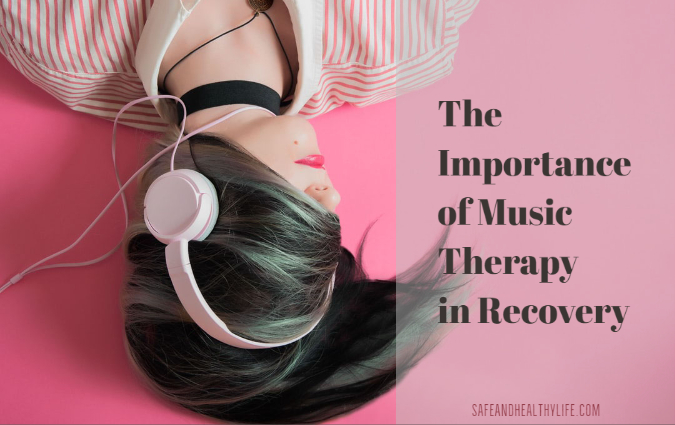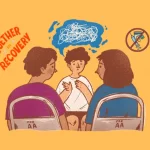What is music therapy?
Music plays a vital role in everyone’s daily aspects. It is literally a form of entertainment, many people use music as a motivating tool to reach goals. But when the music is used by trained professionals it can be a form of therapy.
There are various treatments out there to cure patients, but music therapy is a unique one. It helps people to manage physically, emotionally and cognitive problems.
When someone is actively addicted to drugs or alcohol people build-up minimizing, denying and lying in order to continue their behavior and hide from their emotions.
This nature of music therapy contrasts these fixed ways of thinking and helps break their addicts. These music sessions are handled by music therapists who are highly qualified to design treatments according to people’s needs in groups or individuals.
When someone attends music therapy the person involved in creating, singing along with the song, songwriting and relaxation work. These procedures reduce pain and anxiety of uncomfortable medical procedures.
A study states that music therapy for mental health reduces the fear of loneliness and low-esteem can also be reduced. Music therapy is mainly used in hospitals, rehabilitation centers, and drug recovery programs.
This effective method helps increase people’s motivation, provide emotional support and recover people from addictions.

Types of music therapy:
- Receptive
- Active
- In Receptive therapy, the therapist makes the people hear the recorded or live music selected by him. Its main aim is to make people relax, free from depression, decrease stress and enhance skills.
- In Active therapy, patients will create music by playing instruments, singing, writing songs and music-making. Therapists teach music to the patients, they proved it may improve lung function.
Historical evidence of Music therapy:
Music therapy once widespread in Greek mythology, philosophy and Native American culture.
Music therapy was a salient resource in world war l and world war ll. At these two big historic events, some random community volunteers played music in hospitals for injured people out there, patients and nurses experienced a positive vibe and emotional response to the music.
So the doctors requested them to play for soldiers. It provides mental and physical relief.
Proven health benefits of music therapy:
This form of therapy assists patients to look deeper into themselves and understand their own mood statics and motivations.
- It can help in treating Parkinson’s and Alzheimer’s disease.
- It involves and reduces psychological disorders like depression, anxiety, and improves mental health.
- People tend to improvise in social skills, coordination, emotions, and personal growth.
- Listening to music can have effects on the core structures of emotional processing in the brain.
- This therapy is used to treat disorders associated with dysfunctions and imbalances within the systems like immune, endocrine, and autonomic nervous systems. This was suggested by Koelsch and colleagues (2009).
- It can be used to reduce asthma in both children and adults, lessen the effects of dementia and reduce pain in hospitalized patients.
- Children suffering from autism spectrum disorder can be treated to improve their communication disorders, additionally, premature infants improve sleep patterns and increase their weight gain.
Interesting Statics:
- It affects the way you perceive the world around you by listening to music. It depends on what you hear, whether sad or happy it will change the perspective you see.
- Your heartbeat will change to mimic the songs you are listening to.
- It triggers the network of neurons into an organized movement.
- Learning to play any musical instruments can improve fine motors and reasoning skills.
- Music releases dopamine in some parts of your brain.
Meditate with music:
Meditating for the first time will be difficult for everyone. It has also been shown to help people in recovery.
When hearing certain music while meditating helps you to calm the mind and acts as a buffer for meditation purposes.
It comes with amazing benefits with stress management and overall health benefits. Combining with music it provides deep positive effects of both.
Bottom Line:
Music therapy is a wonderful way to recover from any sort of addiction. There are many rehab centers in New York to guide you with proper treatments. If you like to explore this therapy for your own you can visit your nearby rehab centers in colorado.
About The Author:
Dharani is a content strategist who researches the latest topics about what addiction industry speaks about and what kind of therapy’s treatment center offer. She loves to read a lot about the happenings, particularly in the addiction/ recovery sector. She also shares her review of the recovery center of America. Specializes in handling blogs in potential means of marketing and circulating across social media.





